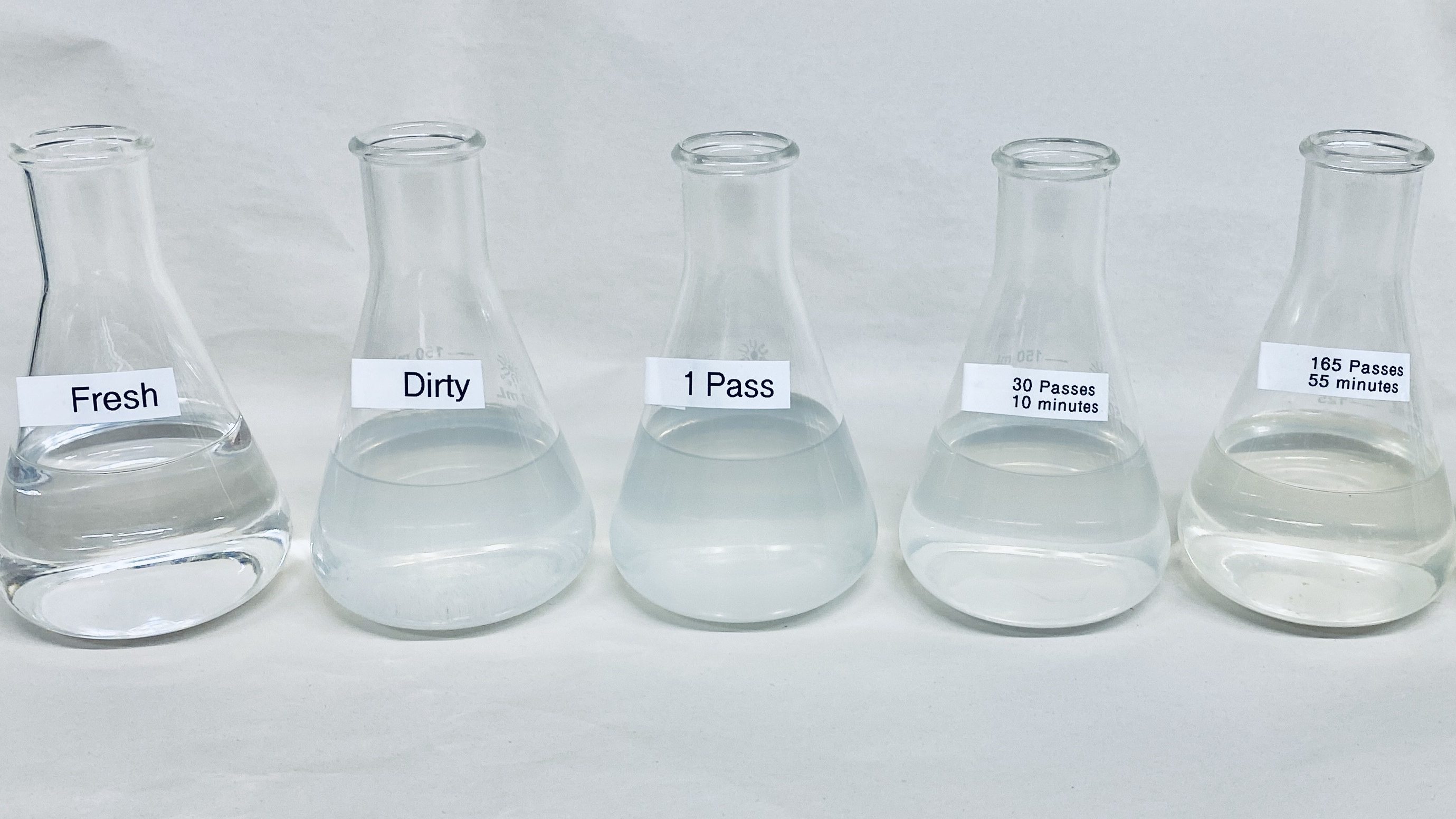Clean Up Your Resin-Printing Rinse with Dialysis [Hackaday]

There’s a lot to like about resin 3D printing. The detail, the smooth surface finish, the mechanical simplicity of the printer itself compared to an FDM printer. But there are downsides, too, not least of which is the toxic waste that resin printing generates. What’s one to do with all that resin-tainted alcohol left over from curing prints?
How about sending it through this homebrew filtering apparatus to make it ready for reuse? [Involute] likens this process to dialysis, and while we see the similarities, what’s going on here is a lot simpler than the process used to filter wastes from the blood in patients with failing kidneys — there are no semipermeable membranes used here. Not that the idea suffers from its simplicity, mind you; it just removes unpolymerized resin from the isopropyl alcohol rinse using the same photopolymerization process used during printing.
[Involute] did some initial experiments to see what would happen to used IPA when exposed to UV light. The video below shows the results — the unreacted resin quickly clumps, making it easy to filter out of the IPA. Turning that into an actual process was a bit trickier, requiring a pump to send the resin through a long loop of UV LED-wrapped clear vinyl tubing, where the cross-linking occurs. From there the plastic-IPA mixture passes through two filters, 5 microns followed by 0.5 microns, after which it’s ready for reuse. [Involute] also added a timer to control the pump, making this a walk-away process — although since IPA is pretty flammable, we’d probably stay close by.
At more than seven times the price of gasoline, 99% IPA isn’t something you want to be throwing away. And flushing resin-tainted alcohol down the drain is a big no-no. So something like this can not only save resin-printing fans big bucks, but make the whole process a little greener, too. Kudos to [Involute] for that.

![clean-up-your-resin-printing-rinse-with-dialysis-[hackaday]](https://i0.wp.com/upmytech.com/wp-content/uploads/2023/09/140985-clean-up-your-resin-printing-rinse-with-dialysis-hackaday.png?resize=800%2C445&ssl=1)